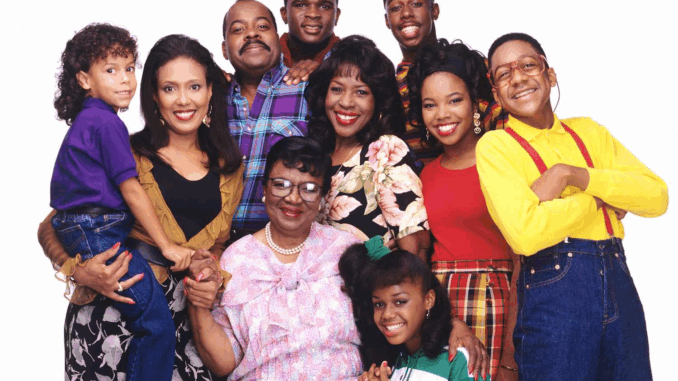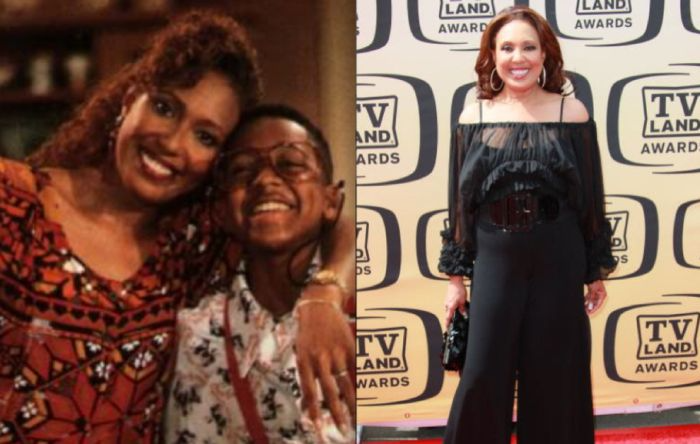
When Family Matters premiered in 1989, it was celebrated as a heartwarming sitcom about the Winslow family, a Black middle-class household in Chicago. The storylines initially revolved around Carl Winslow, his wife Harriette, their children, and extended family. But the show’s trajectory changed drastically when a quirky neighbor named Steve Urkel, played by Jaleel White, appeared as a one-off guest star. His unexpected popularity sparked a ratings explosion—and behind the laughter, it also created one of the most controversial turning points in sitcom history.
The Birth of an Icon
Steve Urkel, with his suspenders, squeaky voice, and clumsy charm, was never intended to be a permanent character. Yet audiences loved him so much that he became the centerpiece of the series almost overnight. The network recognized the potential, pushing writers to reshape the show around Urkel’s antics. Within a single season, the Winslows—once the stars—found themselves in the shadows of a nerd who had captured America’s heart.

The Cast’s Growing Resentment
Not everyone was thrilled. For Jo Marie Payton (Harriette Winslow), the sudden creative shift was a “shock.” The sitcom had started as a rare mainstream depiction of a wholesome Black family, only for it to morph into what many critics later called “The Steve Urkel Show.” Cast members privately voiced frustration that their roles were reduced to background commentary while Urkel dominated scripts. Reginald VelJohnson (Carl Winslow) reportedly struggled with the sudden shift in dynamics, describing the challenge of incorporating a preteen star into a show initially built around adult relationships.
Near-Explosive Tensions
At one point, the conflict escalated into a near-physical confrontation. Payton clashed with Jaleel White during filming, particularly when the young actor pushed boundaries with improvised gags. Darius McCrary, who played Eddie Winslow, allegedly had to step in to prevent a fight. Although never fully confirmed, this story became emblematic of the rocky transition from ensemble harmony to Urkel-centric chaos.
The Double-Edged Sword of Success
Despite the tension, there was no denying the financial benefits. Ratings soared, merchandising deals boomed, and Urkel became a pop-culture phenomenon. Phrases like “Did I do that?” entered American slang. Cast members, though frustrated, admitted the paychecks and syndication royalties softened the blow. As one put it later, “We went laughing to the bank.”
Reflection and Legacy
Over time, wounds healed. White himself acknowledged that tensions had been “strained in the early going,” but argued that the chemistry eventually worked. The controversy remains an important case study in television history: when a breakout character redefines an entire series, the rewards are massive—but so is the collateral damage.
Conclusion
The Urkel takeover is both a story of triumph and turmoil. It demonstrates how television can pivot on a single character, elevating a show to legendary status while simultaneously unsettling the creative balance. Family Matters became iconic, but it was never again the show it was originally meant to be.
